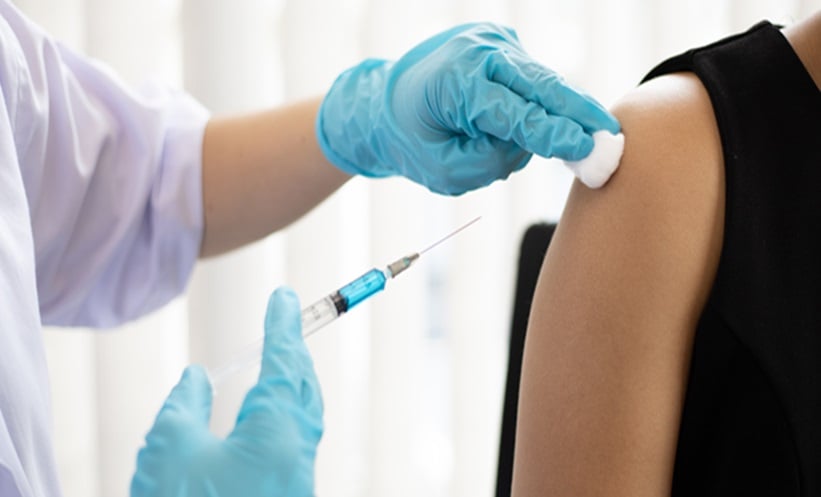PATIENTS with multiple sclerosis (MS) are at higher risk for severe COVID-19 due to motor disabilities and immunosuppressive treatments. As a result, these patients have been prioritised for COVID-19 vaccination, however, some patients have reported relapses following vaccination, causing hesitation around receiving booster doses.
The new study, led by Xavier Moisset, Clermont Auvergne University, Clermont-Ferrand, France, aimed to determine whether COVID-19 vaccination increases the risk of MS relapses. The cohort comprised 124,545 patients with MS, who had been diagnosed for an average of 14 years. Participants were monitored for 45 days after receiving a COVID-19 vaccine, as relapses typically occur within 28 days post-vaccination.
The data showed that 82% of participants received at least one vaccine dose, with 95% getting a second dose and 59% receiving a booster. Overall, the incidence rate ratio for MS relapse was 0.97, indicating no significant increase in relapse risk after vaccination. This finding was consistent across subgroups, including patients under 50 years old, those with MS for less than 10 years, and those on disease-modifying treatments.
However, a slight increase in relapse risk was observed among those with highly active MS, specifically, patients who had experienced two or more relapses in the previous two years and were not on medication to treat their MS. This increased risk was more pronounced after the booster dose.
The study concluded that the results suggested no significant increase in the risk of severe MS relapse for most patients following the COVID-19 vaccination. However, patients with high MS activity had a slightly elevated risk, especially if untreated. Additionally, the study focused on relapses requiring corticosteroids, which may overlook milder relapses.
Katie Wright, EMJ
Reference
Moisset X et al. Risk of relapse after COVID-19 vaccination among patients with multiple sclerosis in France: a self-controlled case series. Neurology. 2024;103(5):e209662.








